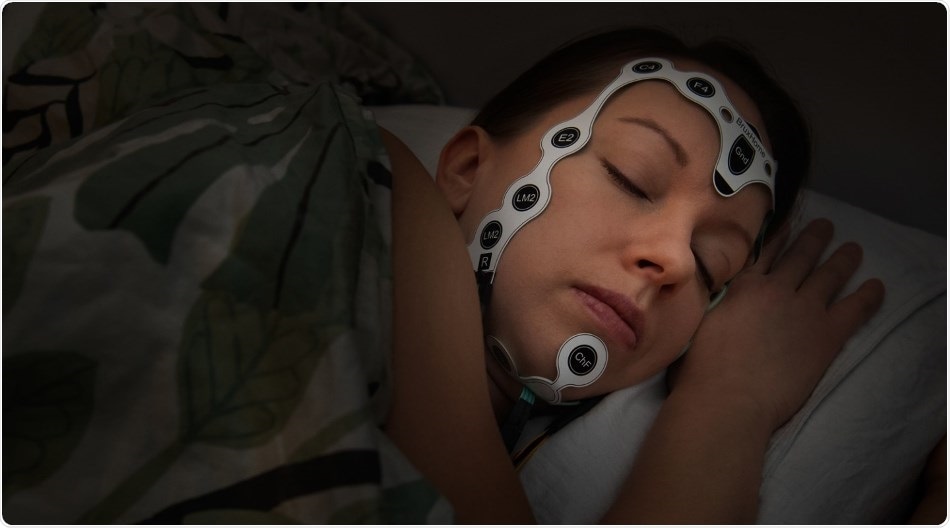Longer nocturnal respiratory events in patients with obstructive sleep apnea (OSA) cause higher immediate heart rate variability, and greater changes in beat-to-beat intervals are associated with reduced daytime alertness, according to new research from the University of Eastern Finland.

Obstructive sleep apnea affects approximately 1 billion people worldwide. It is one of the most prevalent sleeping disorders, putting a great strain on national economies and on public health. Nocturnal respiratory events, be they complete or partial blocking of the airways, often cause repeated oxygen desaturations and interrupted sleep in patients with OSA, leading to abnormal nervous system function.
Abnormal hyperactivation of the sympathetic nervous system affects heart function and cardiovascular regulation by increasing OSA patients' nocturnal heart rate and by reducing their long-term heart rate variability. These changes have been shown to significantly increase the risk of cardiovascular diseases. In addition, hyperactivation of the sympathetic nervous system can prevent patients with OSA from getting enough deep, restorative sleep, which is why they often feel tired and less alert during the day. Hyperactivation of the sympathetic nervous system can keep the body in a state of alertness over the long term despite sufficient deep sleep, and this can be seen in, e.g., elevated daytime heart rate in patients with OSA.
Two recent studies from the University of Eastern Finland have explored the immediate effect of respiratory events on heart rate variability, as well as the association of OSA patients' nocturnal heart rate changes with their alertness.
A study published in Scientific Reports yesterday shows that the type and duration of individual respiratory events has an effect on heart rate and heart rate variability both during and after the event. A longer duration of a respiratory event caused greater changes in heart rate as well as higher ultra-short-term heart rate variability, and both of these changes were greater during complete obstruction of the airway.
The study sheds important new light on the cardiovascular load nocturnal respiratory events cause in patients with OSA."
Salla Hietakoste, Study's Lead Author, Early Stage Researcher, University of Eastern Finland
The other study, published in ERJ Open Research earlier this year, found that changes in pulse rate measured via finger photoplethysmogram were associated with performance in the psychomotor vigilance task (PVT) in patients with OSA. Patients who performed poorly in the PVT had a significantly higher nocturnal heart rate.
By taking a better look at polysomnography data for respiratory events and heart function, we might be able to identify patients who have a higher risk for reduced vigilance and alertness."
Samu Kainulainen, Postdoctoral Researcher, University of Eastern Finland
In both studies, the findings were more pronounced in men. The findings suggest that the abundance of data available from current clinical sleep studies could be utilized more extensively in the future. Data relating to heart rate and heart rate variability could possibly be used alongside the current diagnostic parameters for OSA in order to get a more representative clinical picture and to better identify high-risk patients.
Source:
Journal reference:
Hietakoste, S., et al. (2020) Longer apneas and hypopneas are associated with greater ultra-short-term HRV in obstructive sleep apnea. Scientific Reports. doi.org/10.1038/s41598-020-77780-x.